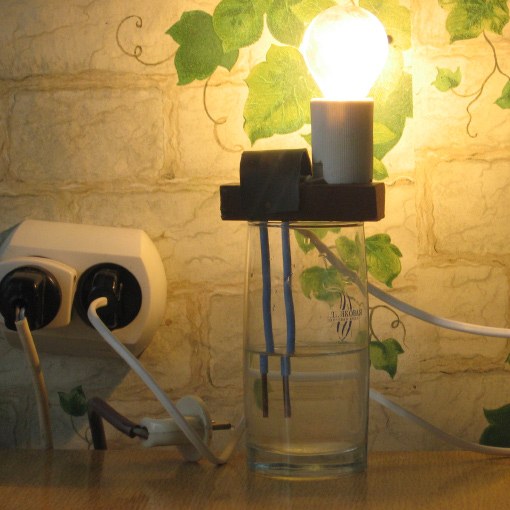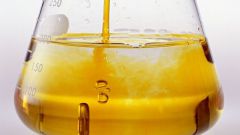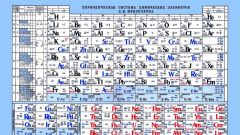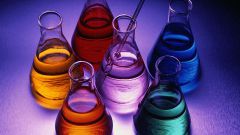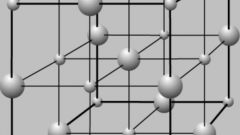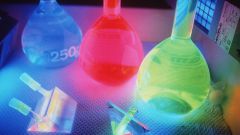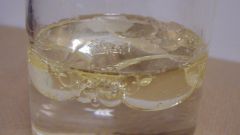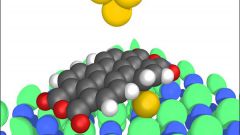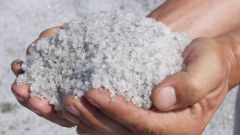Electrolytes
Electrolytes are substances that can conduct electric current due to self-dissociation into ions. Dissociation occurs in melts and solutions, either within the electrolyte by movement of ions in their crystal lattices.
The most striking examples of electrolytes are solutions of salts, bases and acids. In some cases, the dissociation occurs in crystals, for example, in the case of zirconium dioxide or silver iodide.
Electrolytic dissociation
If the collapse of ions occurs in solution or the melt, this process is called electrolytic dissociation. In parallel with the dissociation takes place and the reverse process, when the ions are associated in back of the molecule. If the environment is unchanged, in the melt or solution, there is a balance - some part of the substance remains dissociated into ions, but some - associated molecules.
Weak and strong electrolytes
Electrolytes can be divided into two groups, depending on their ability to dissociate. Strong electrolytes include substances whose degree of dissociation into ions is 100% (i.e. equal to one). Strong electrolytes are salts, bases and many acids (hydrochloric, bromatology, yodovidona nitrogen).
Weak electrolytes are substances, dissociating completely. The degree of dissociation is always less than unity. Thus, the higher the concentration of these electrolytes in the solution, the less the degree of dissociation. The weak electrolytes include water, some mild acids and bases.
Between strong and weak electrolytes there is no clear boundaries. Thus, one substance may exhibit properties of strong electrolyte in the same solution and properties of the weak in another.
Properties of electrolytes
Electrolytes have a number of unique properties. If the electrolyte solution to place the electrodes with different potential, then the solution goes electric current. It is well known that solutions of substances have a higher boiling point and a lower freezing point than the solvent. But the electrolyte solutions behave somewhat differently in comparison with solutions of other substances, they have a higher boiling point and lower the freezing point. Simply put, the electrolyte solution behaves as if it contains more molecules than it actually is.
The use of electrolytes
Due to its special properties, electrolytes find wide application in industry. With their help distinguish the metals, is applied gilding used in the current sources in the manufacture of capacitors.
